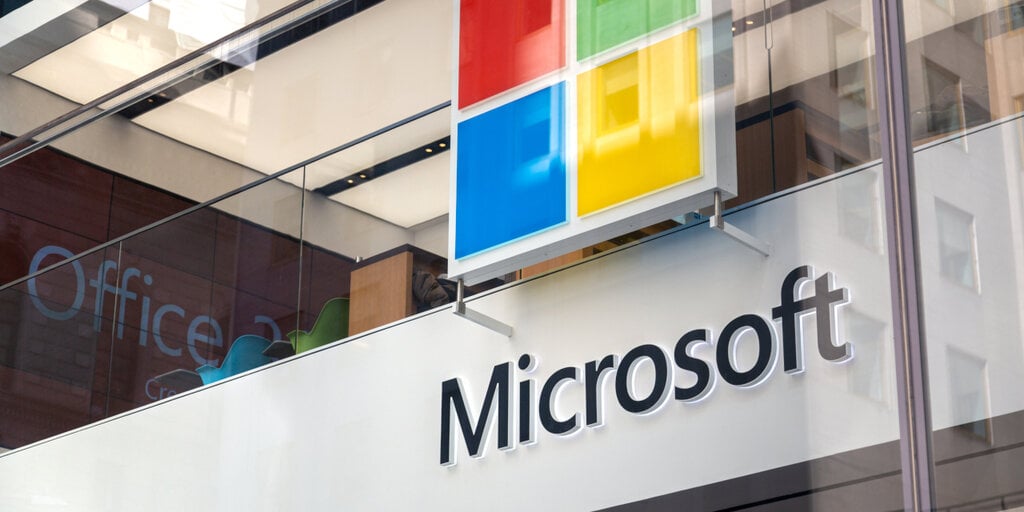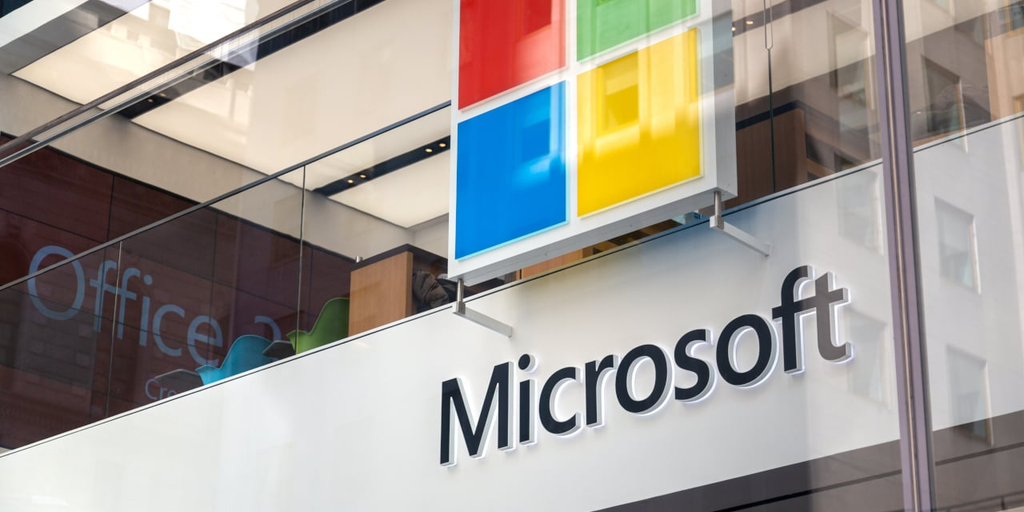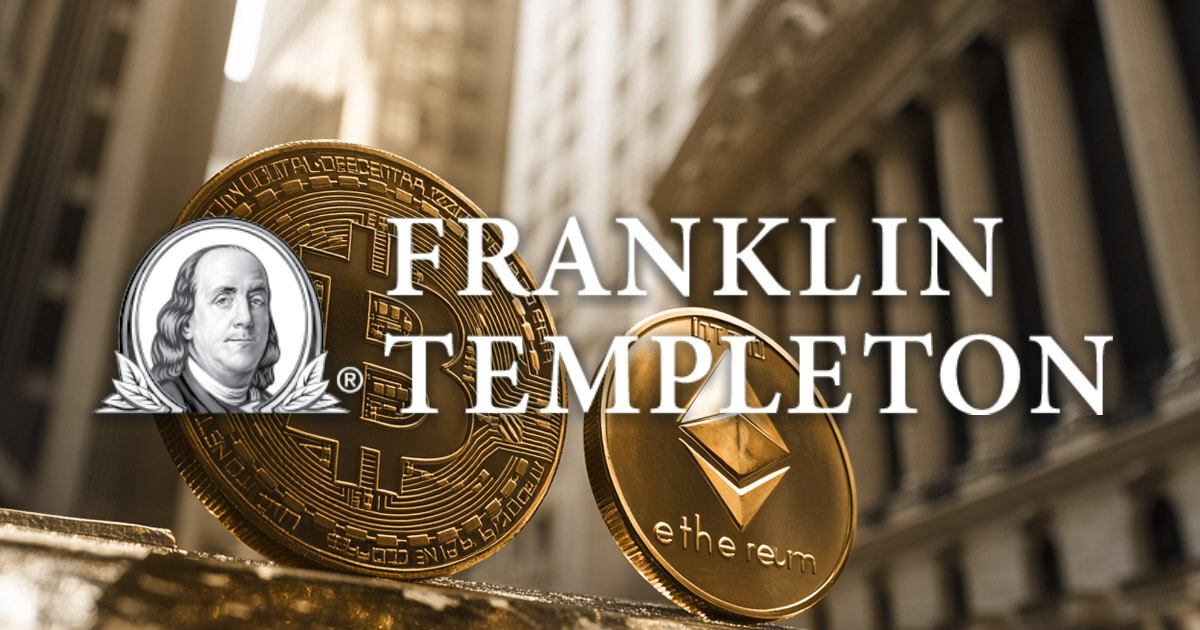

Following last week’s updates from OpenAI and Google, it was Microsoft’s turn to show off its AI capabilities at its annual developer conference on Monday, with new CoPilot+ laptops and Surface Pro tablets built on generative AI.
We’re excited to introduce Copilot+ PC, the fastest and most intelligent Windows PC ever. Copilot+ PC lets you do things no other PC can. https://t.co/mhvTrO1l1N
— Microsoft (@Microsoft) May 20, 2024
Microsoft says its new CoPilot-enabled computers can remember everything you see on your screen, including emails, websites, and applications, and find it later, with a new recall feature that saves local snapshots of everything you do. Copilot+ PC can also use Cocreator to create and enhance AI images on-device and translate over 40 languages with live captions.
The new Copilot+ PCs also promise extended “all-day” battery life despite being able to handle more than 40 trillion operations per second (TOPS).
“Recall lets you virtually access what you’ve seen or done on your PC in the same way you would with photographic memory,” Microsoft said. “This helps you remember things you might have forgotten, so you can use the clues you remember to find what you want quickly and intuitively.”
Windows continuously records everything you see and do, sparking both praise and concern at the prospect of being able to quickly find even snippets of text that appear on the screen. Many tech experts praised it as a “cool” feature.
Others saw this as a dangerous precedent.
Reviewers compared Microsoft’s new Recall feature to Rewind (now Limitless AI), which developed a similar AI tool that uses continuous screen recording to quickly find past tasks.
Starting June 18, Copilot+ PCs will be available from Acer, Asus, Dell, HP, Lenovo, and Samsung.
“What’s interesting is that if you apply everything we’ve been talking about to AI, all of this is possible largely because of the abundance of compute in the cloud,” said Microsoft CEO Satya Nadella. wall street journal “For example, this is what created GPT-4, which essentially changed the world,” he said ahead of Monday’s announcement.
“Now what happened in the cloud will come to (Microsoft) Edge. Edge is the PC that needs to be reinvented first before we can talk about everything else,” he continued. “That’s what we think of as an ‘AI PC’ or Copilot+ PC.”
As Nadella explained, the new Copilot+ PC leverages cloud computing and internal computing using new processors called neural processing units (NPUs).
“So if you want to build an AI application, you need to have accelerators, like in the cloud, that can quickly execute these matrix math multiplications to drive the AI functions,” Nadella said. “And that’s what NPU does.”
To make Copilot more accessible, Microsoft announced in January that dedicated hardware AI keys would be coming to Windows 11 keyboards.
“Every Copilot+ PC comes with a powerful personal AI agent with a single tap on your keyboard using the new Copilot keys,” Microsoft said at the time. “Copilot will now have the seamless application experience our customers demand, with a streamlined and simple yet powerful and personal design.”
Rumors about Microsoft’s plans to add Copilot to Windows began spreading in December. The official update, codenamed “Hudson Valley,” replaces Microsoft’s Cortana virtual assistant, which was discontinued last August.
Like Google and Amazon, Microsoft has been investing heavily in generative AI, including investing more than $10 billion in OpenAI, the creator of ChatGPT, according to a report from Microsoft. new york times. Copilot leverages its partnership with OpenAI to come with several AI developer products, including Dall-E 3 for image generation.
“Copilot puts the most advanced AI models at your fingertips,” the tech giant said. “In the coming weeks, you will have access to the latest models, including GPT-4o, from our OpenAI partners, allowing you to enjoy more natural voice conversations.”
Microsoft did not immediately respond to a request for comment. decryption.
Edited by Ryan Ozawa.
generally intelligent newsletter
A weekly AI journey explained by Gen, a generative AI model.



